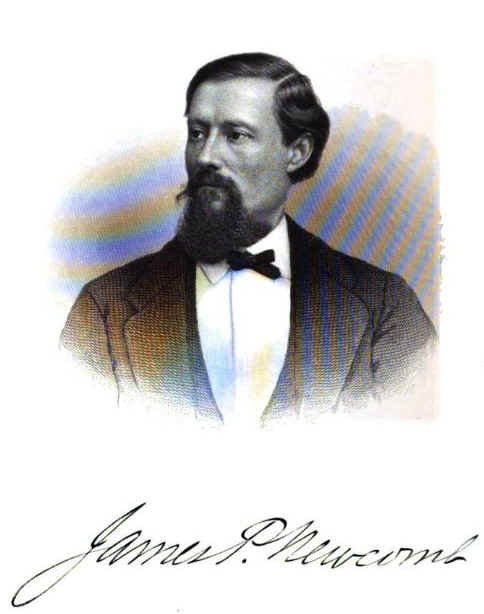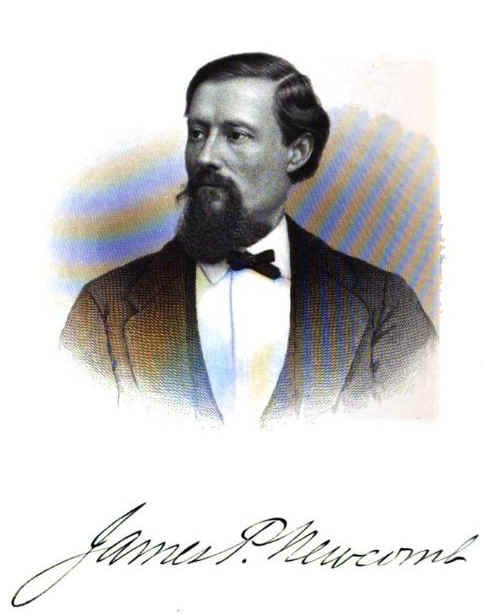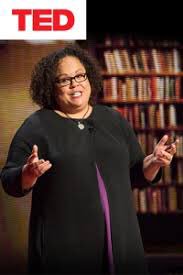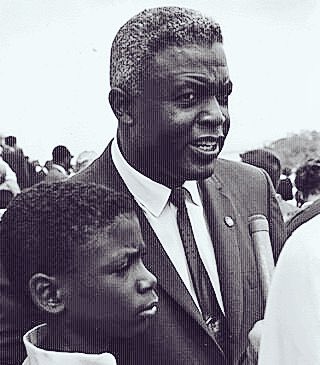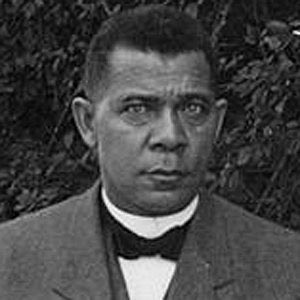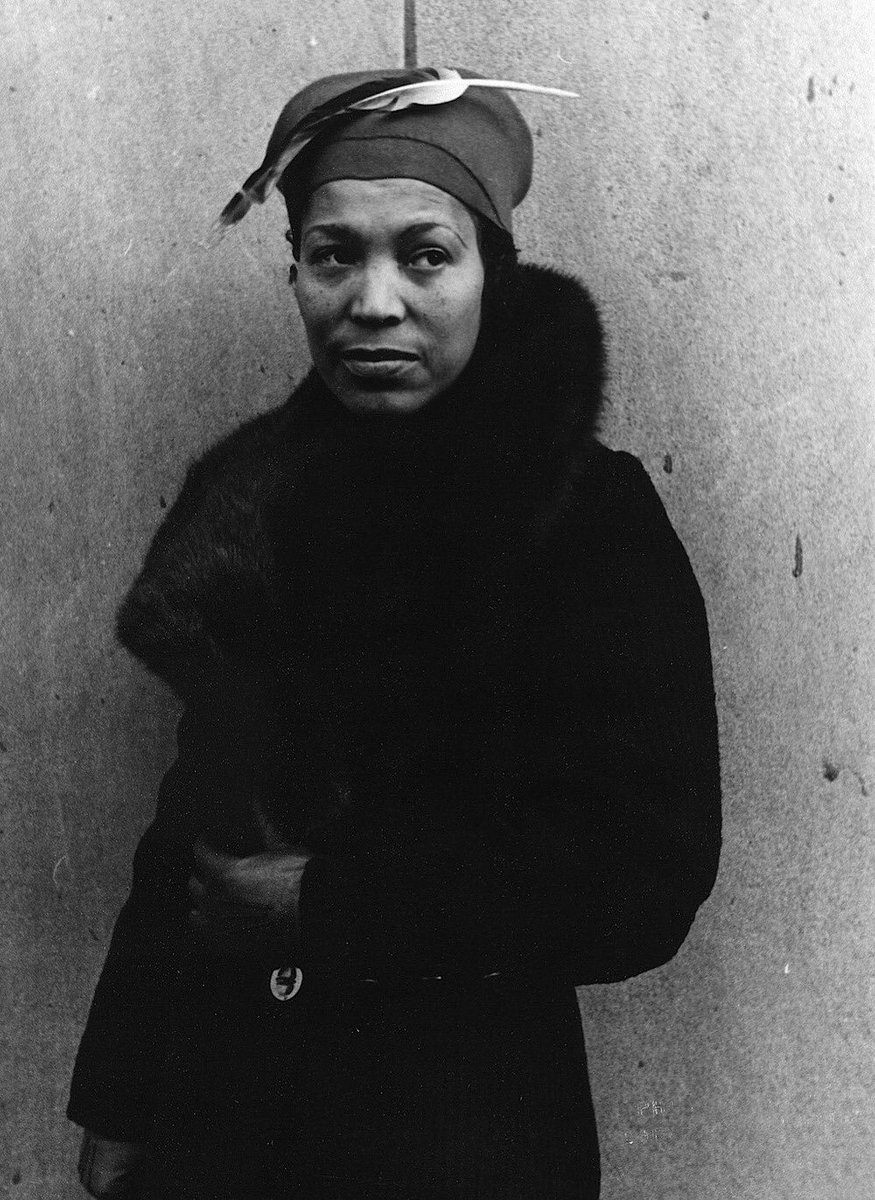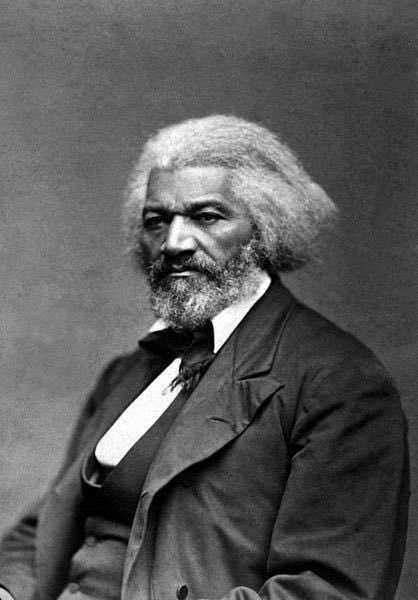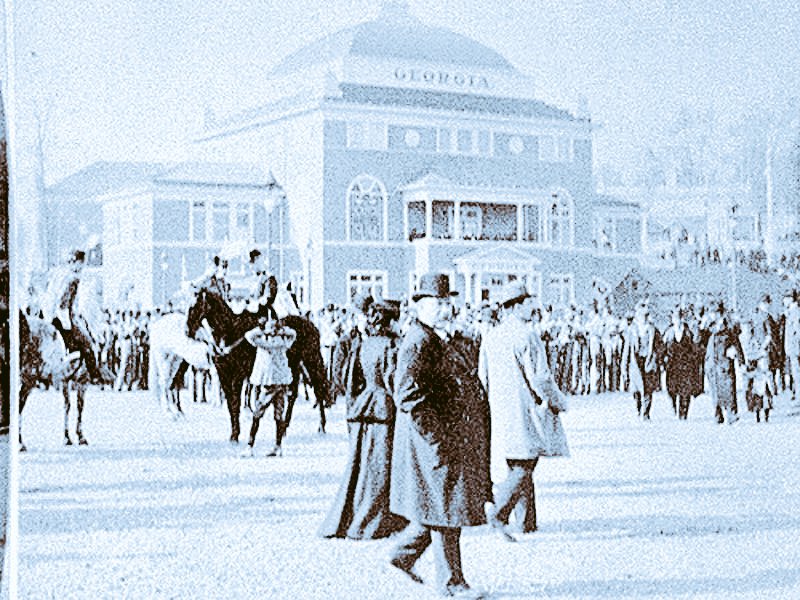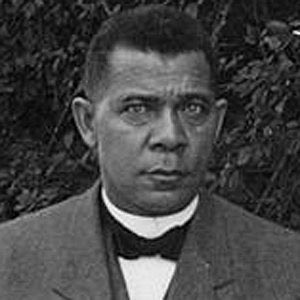Early Signs of Trouble - A History of #WhiteSupremacy at First Baptist Church (Dallas).
How a #Dallas church with a history of oppposing civil rights for African Americans formed a long and toxic relationship with the Republican Party. #maga #blackconservatives #BlackTwitter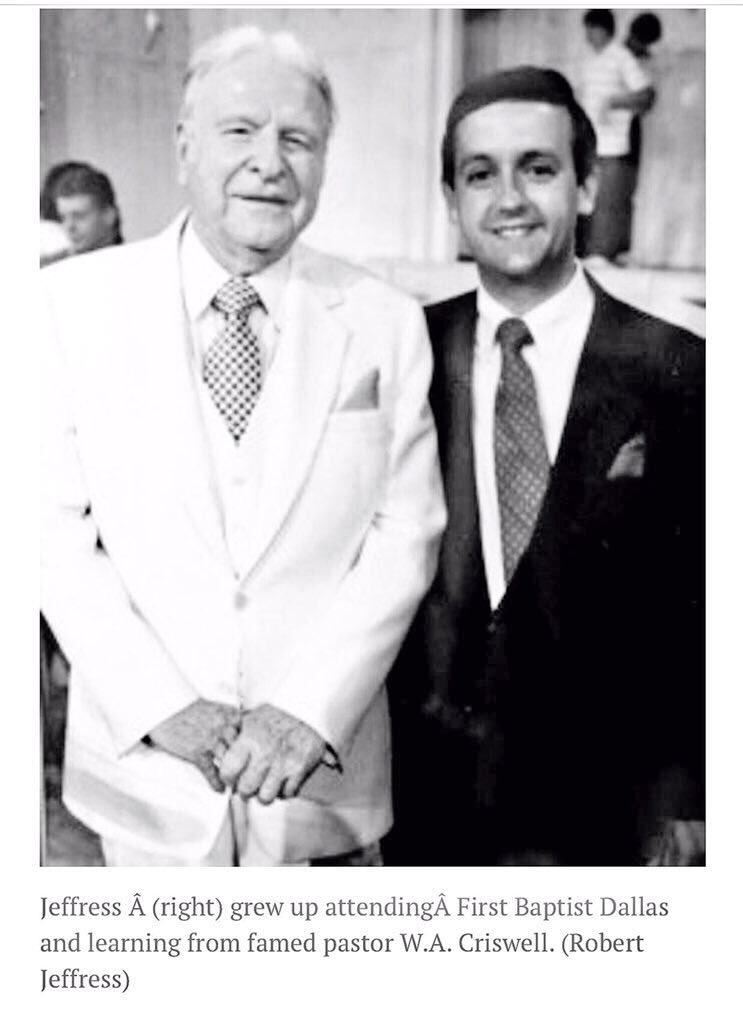
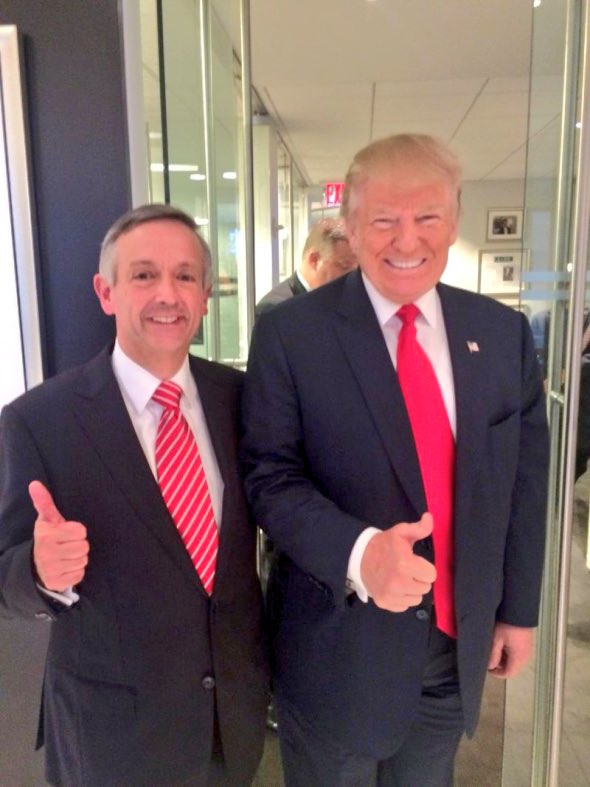
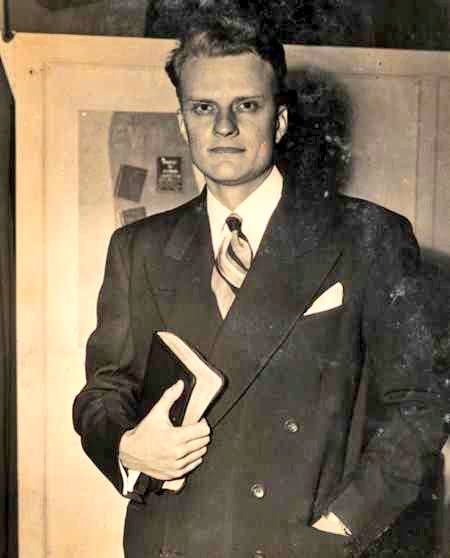
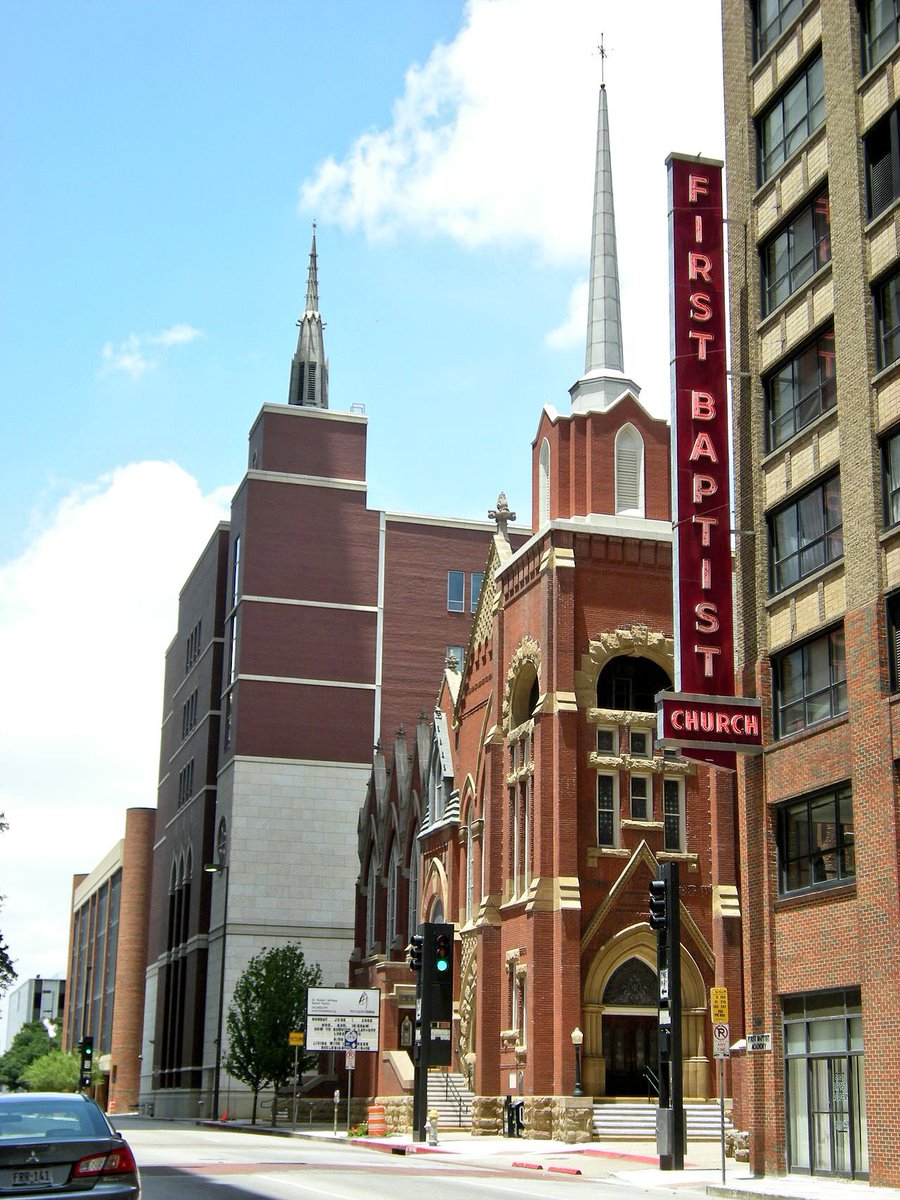
How a #Dallas church with a history of oppposing civil rights for African Americans formed a long and toxic relationship with the Republican Party. #maga #blackconservatives #BlackTwitter




“In 1956, the Supreme Court had recently struck down school segregation in the Brown v. Board of Education case. President Eisenhower had sponsored sweeping civil rights legislation.” 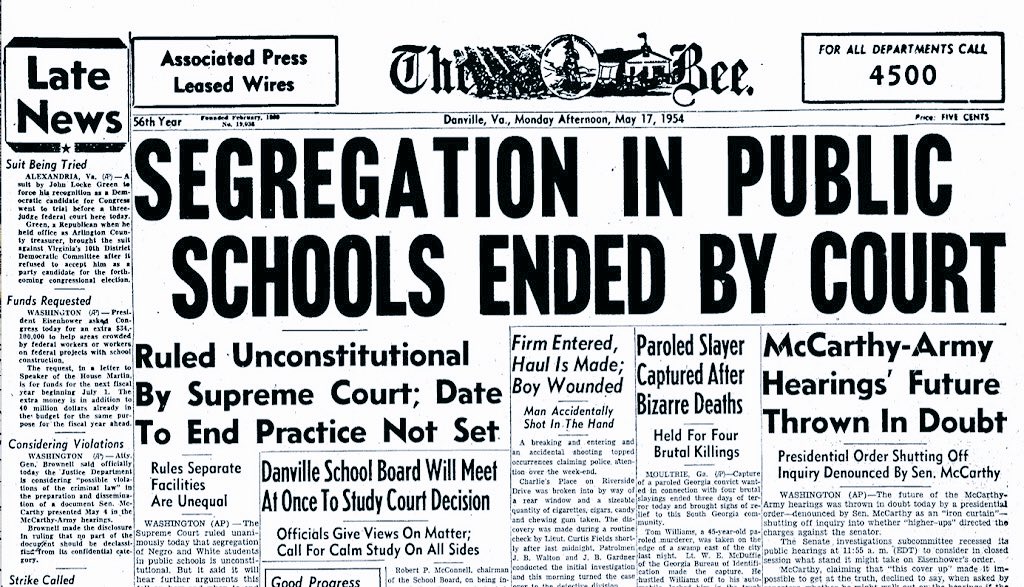
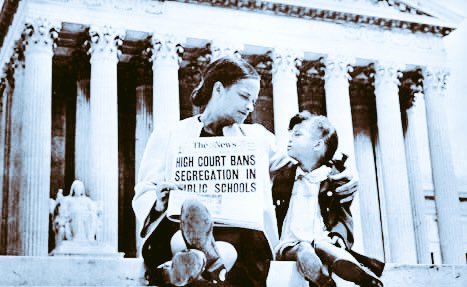
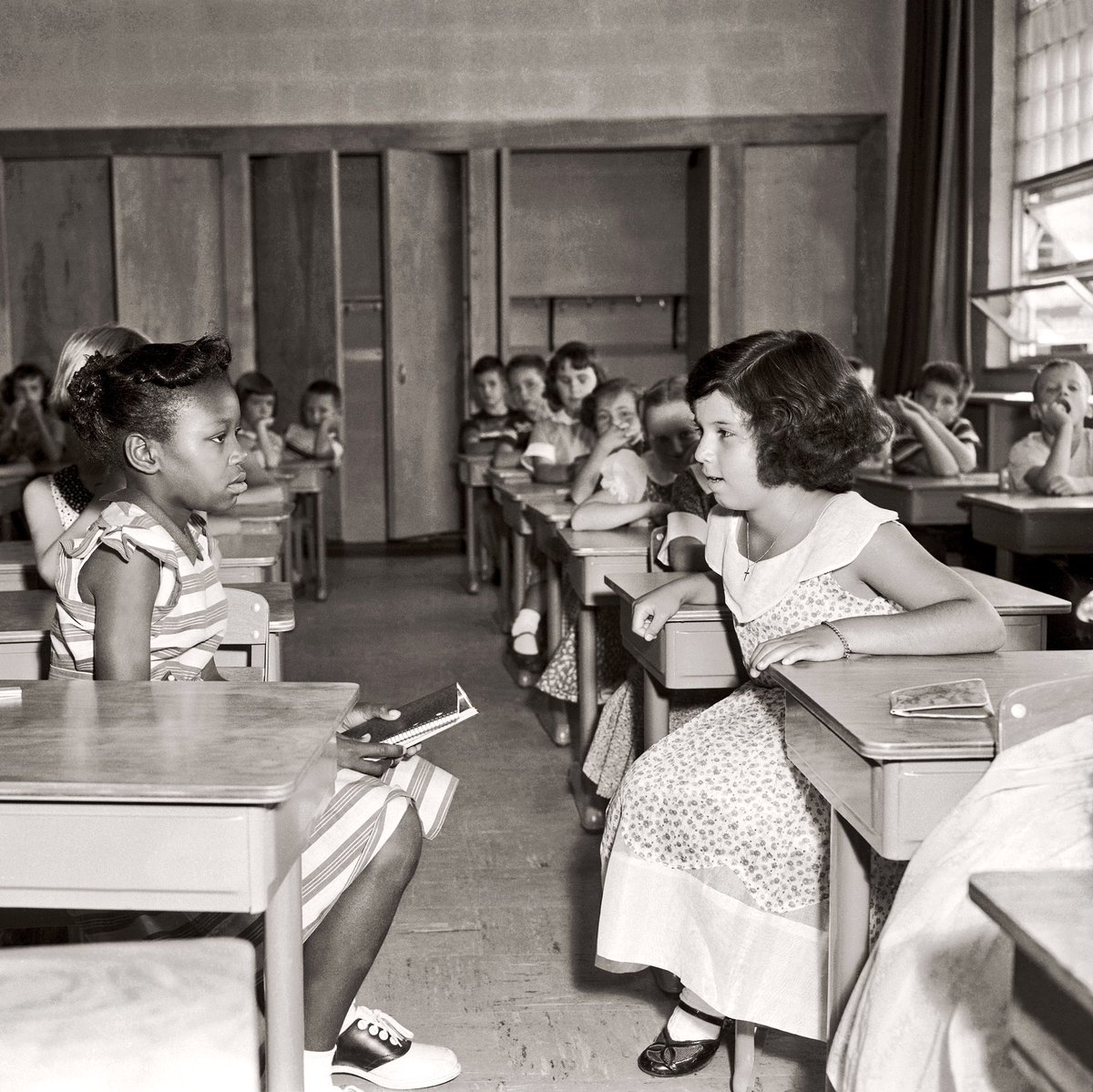



Dr. King was organizing bus boycotts. Pressure was building against segregation across the South. At that time, there may have been no more influential figure in the Southern Baptist Convention than W.A. Criswell, the pastor of the enormous First Baptist Church in Dallas. 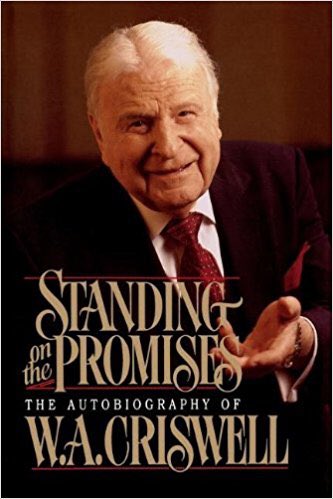
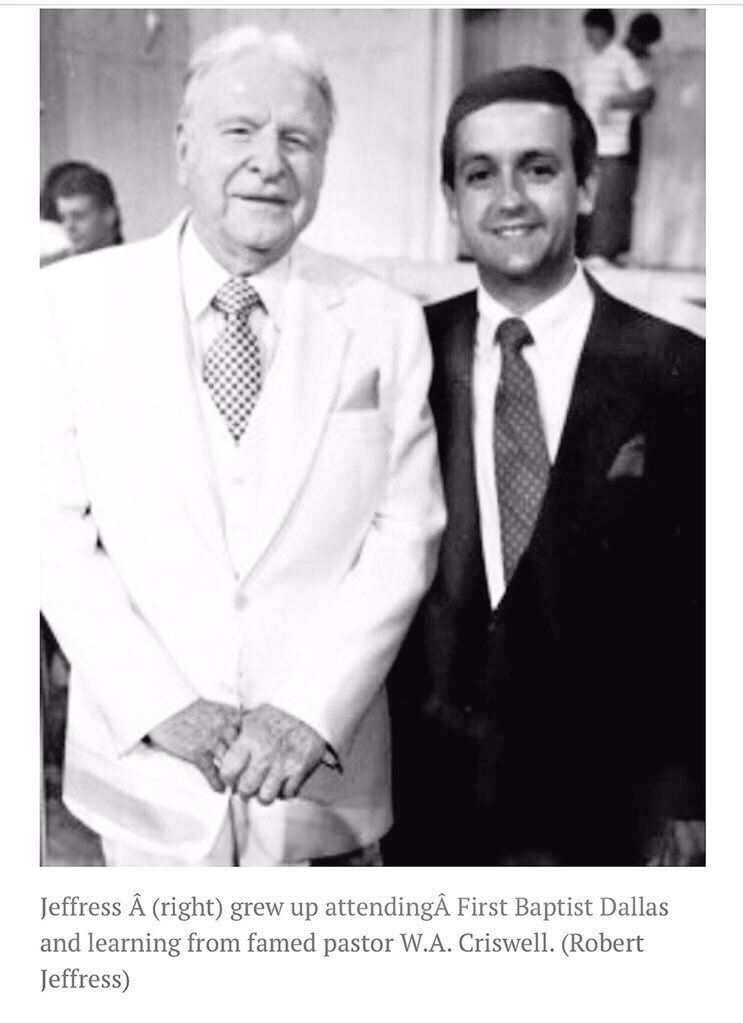
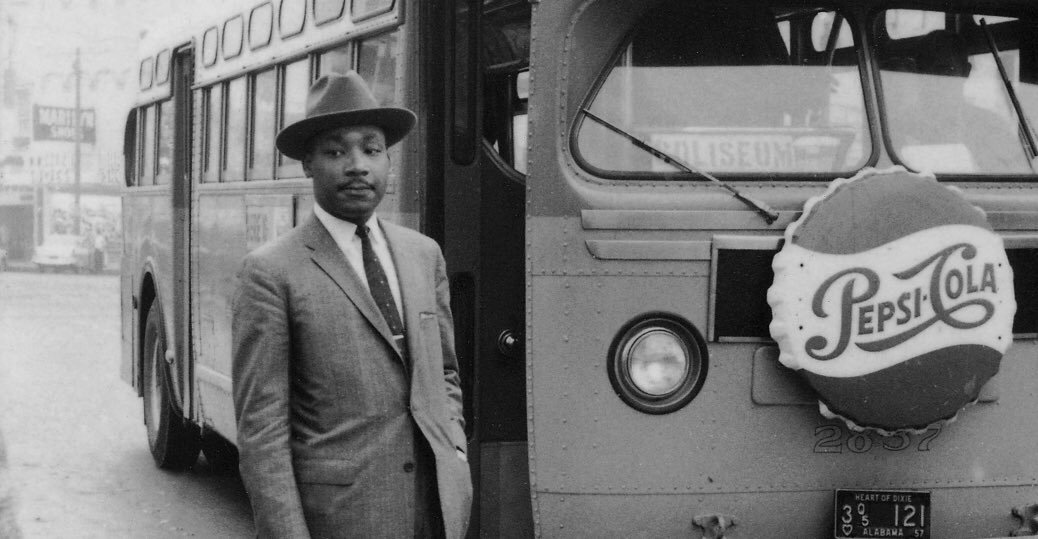
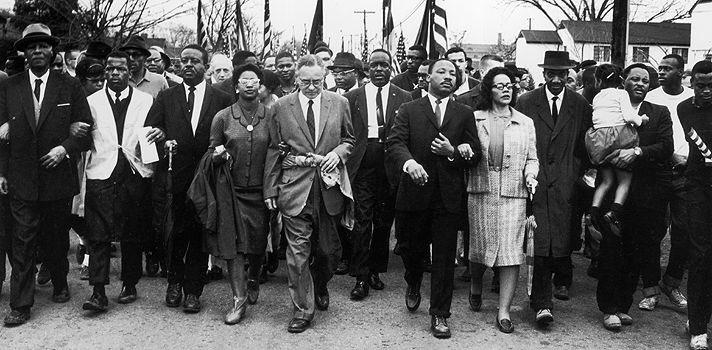




At a convention in South Carolina, Criswell turned his popular fire and brimstone style on the “blasphemous and unbiblical” agitators who threatened the Southern way of life. 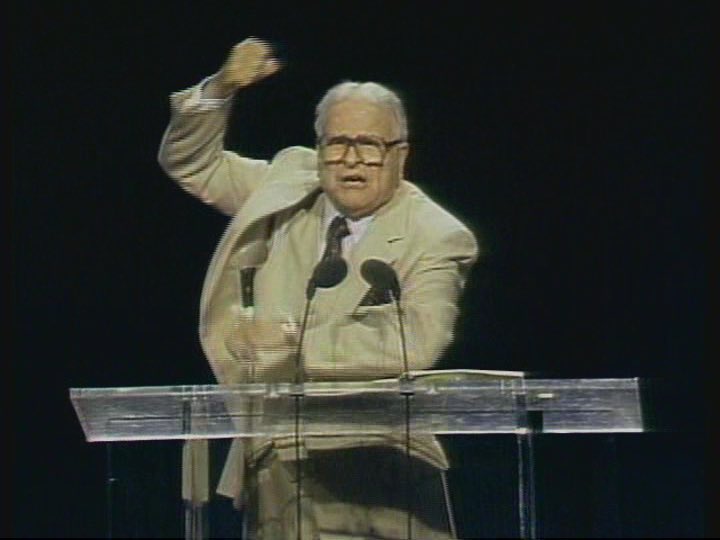

Beyond all the boilerplate racist invective, Criswell outlined an eerily prescient rhetorical stance, a framework capable of outlasting Jim Crow. In a passage that managed to avoid explicit racism, he described what would become the primary political weapon of the culture wars:
“Don’t force me by law, by statute, by Supreme Court decision…to cross over in those intimate things where I don’t want to go.“ 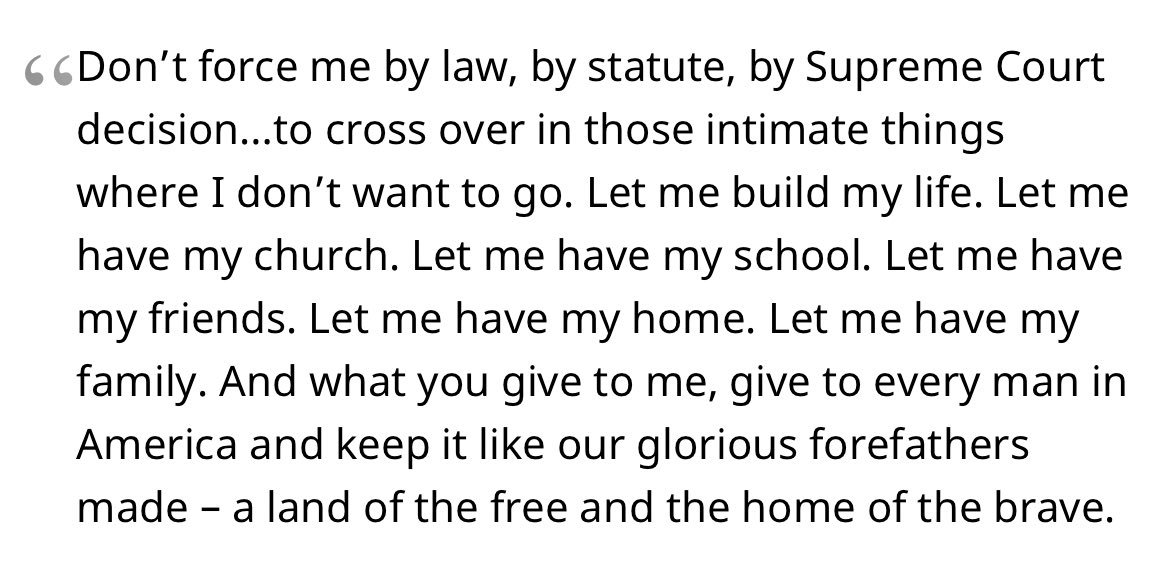
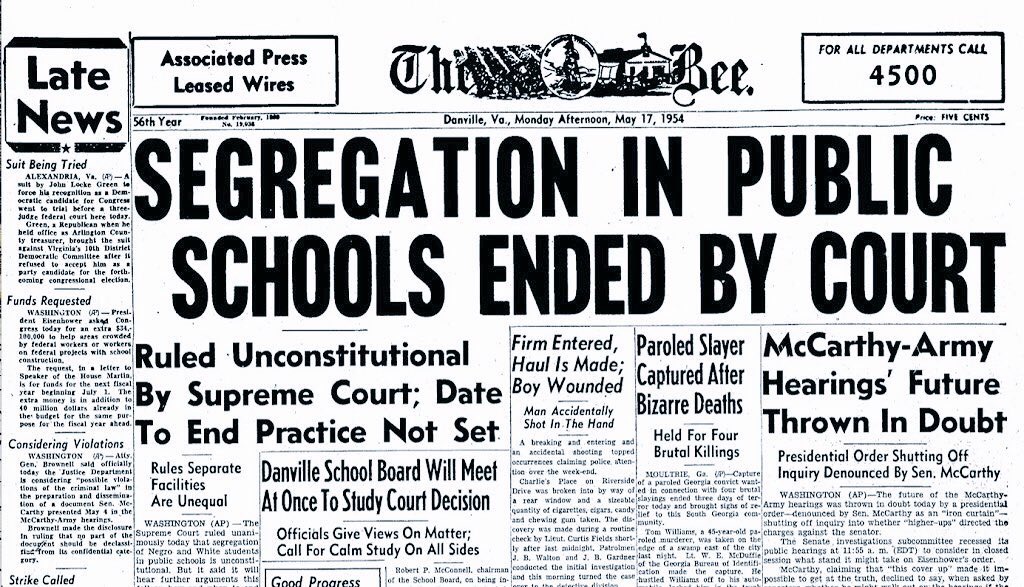
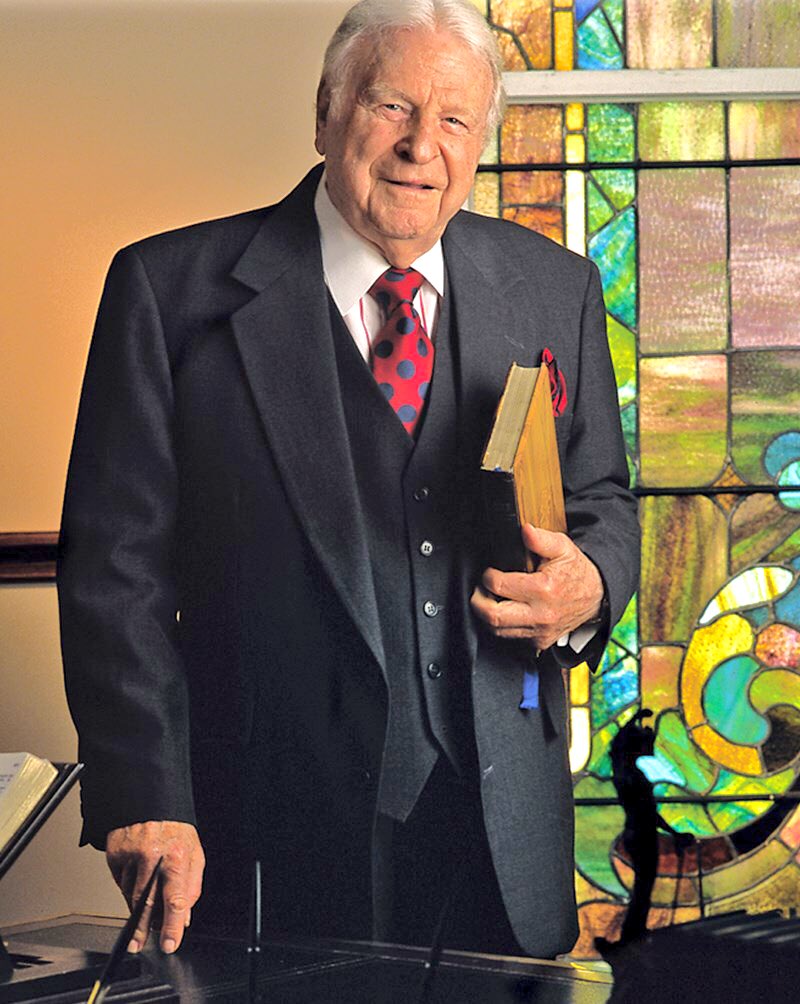



Long after the battle over whites’ only bathrooms had been lost, evangelical communities in Houston or Charlotte can continue the war over a “bathroom bill” using a rhetorical structure Criswell and others built. 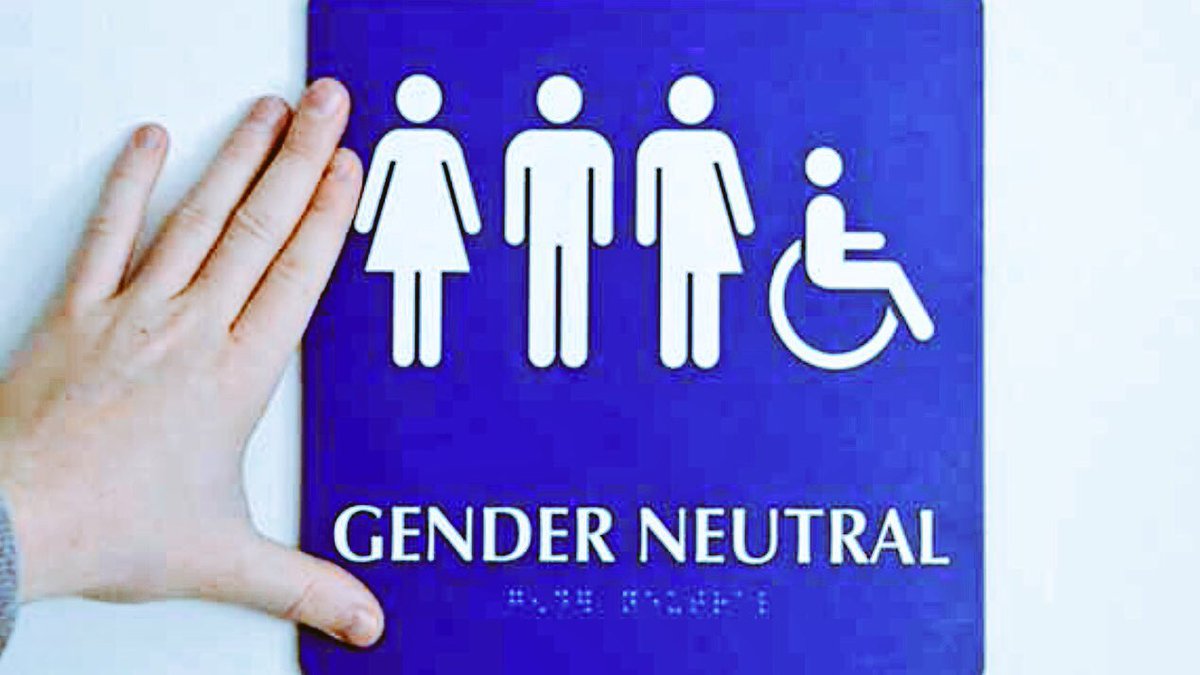
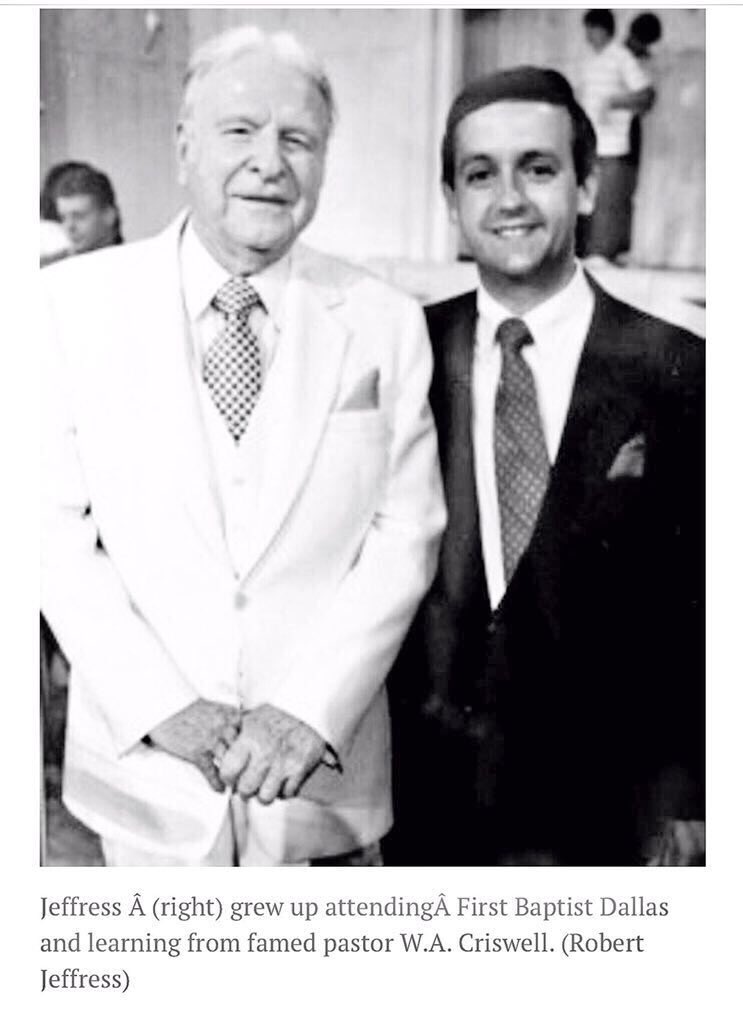
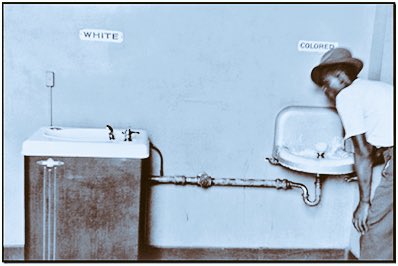
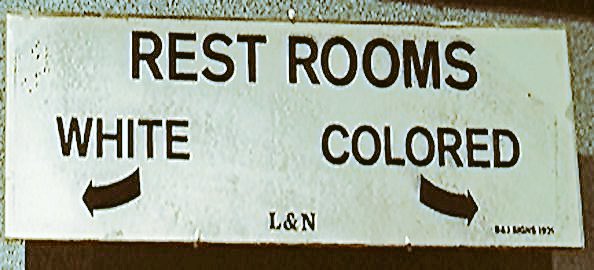




He had constructed a strangely circular, quasi-libertarian argument in which a right to oppress others becomes a fundamental right born of a religious imperative, protected by the First Amendment.
Criswell’s bizarre formula, as it metastasized and took hold elsewhere, could allow white nationalists to continue their campaign as a “culture war” long after the battle to protect segregated institutions had been lost.
Southern Baptists remained at the vanguard of the fight to preserve Jim Crow until the fight was lost. A generation later you might hear Southern Baptists mention that Dr. Martin Luther King, Jr., was a Baptist minister. 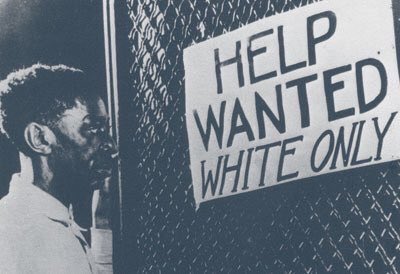
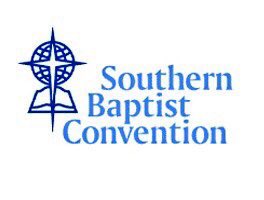
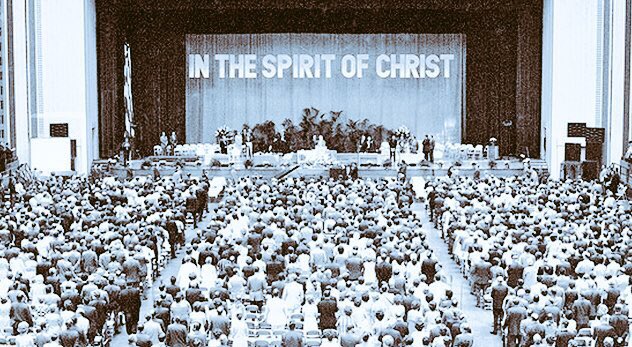
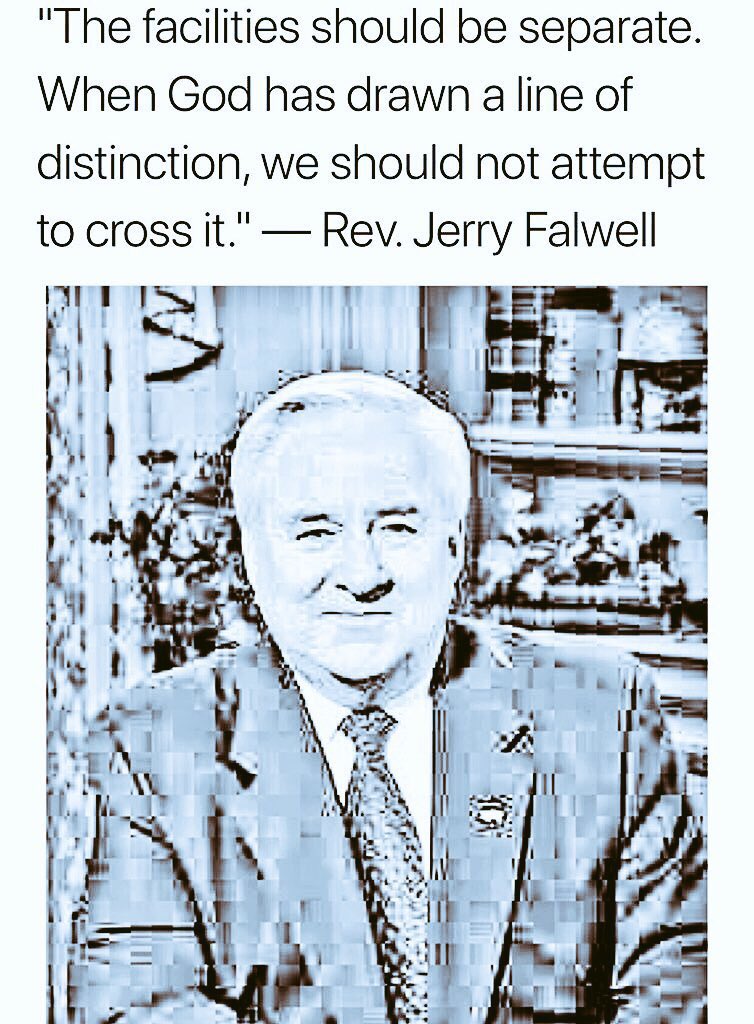




Evangelical resistance to the civil rights movement was not uniform, but dissent was rare and muted. Southern Baptist superstar Billy Graham was cautiously sympathetic to King. 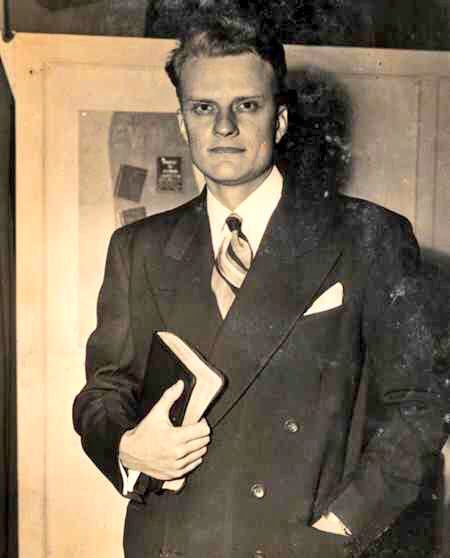

Early in King’s career, in 1957, Graham once allowed King to lead a prayer from the pulpit in one of his campaigns in faraway New York City. Graham advised King and other civil rights leaders on organizational matters and offered considerable back-channel support to the movement. 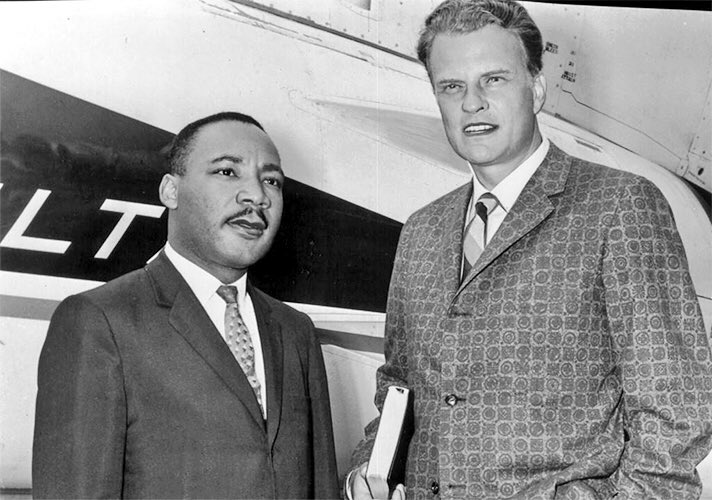

However, in public Graham was careful to keep a safe distance and avoided the kind of open displays of sympathy for civil rights that might have complicated his career.
King was once invited to speak at a Southern Baptist seminary in Louisville in 1961. Churches responded with a powerful backlash, slashing the seminary’s donations so steeply that it was forced to apologize for the move. 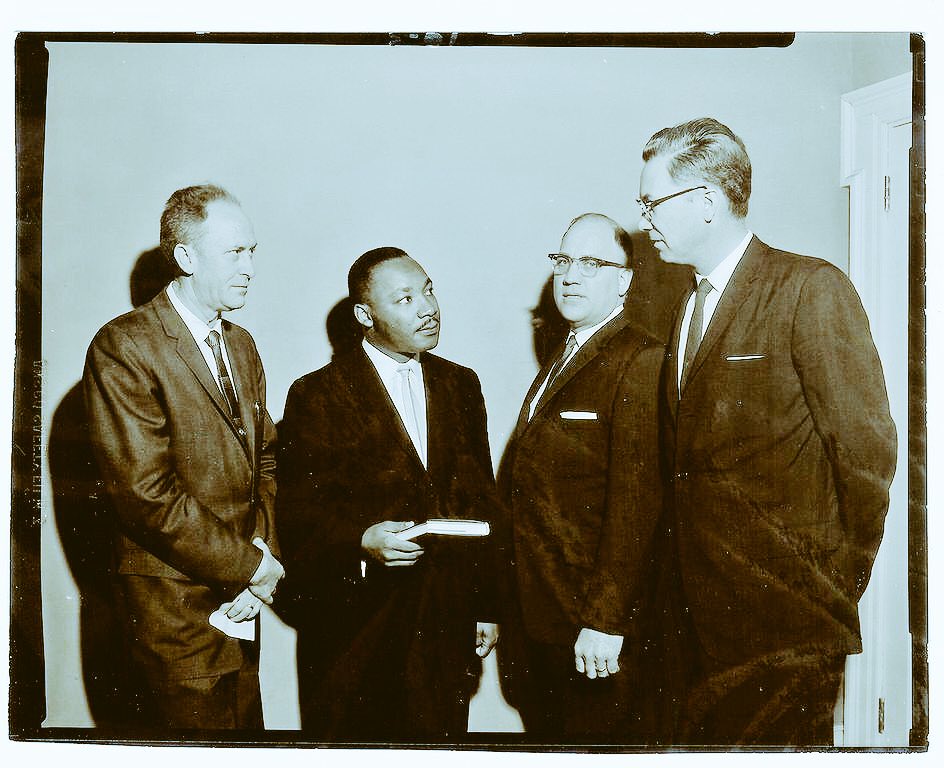

Henlee Barnette, the Baptist professor responsible for King’s invitation at the seminary, nearly lost his job and became something of an outcast, a status he would retain until he was finally pressured to retire from teaching in 1977. 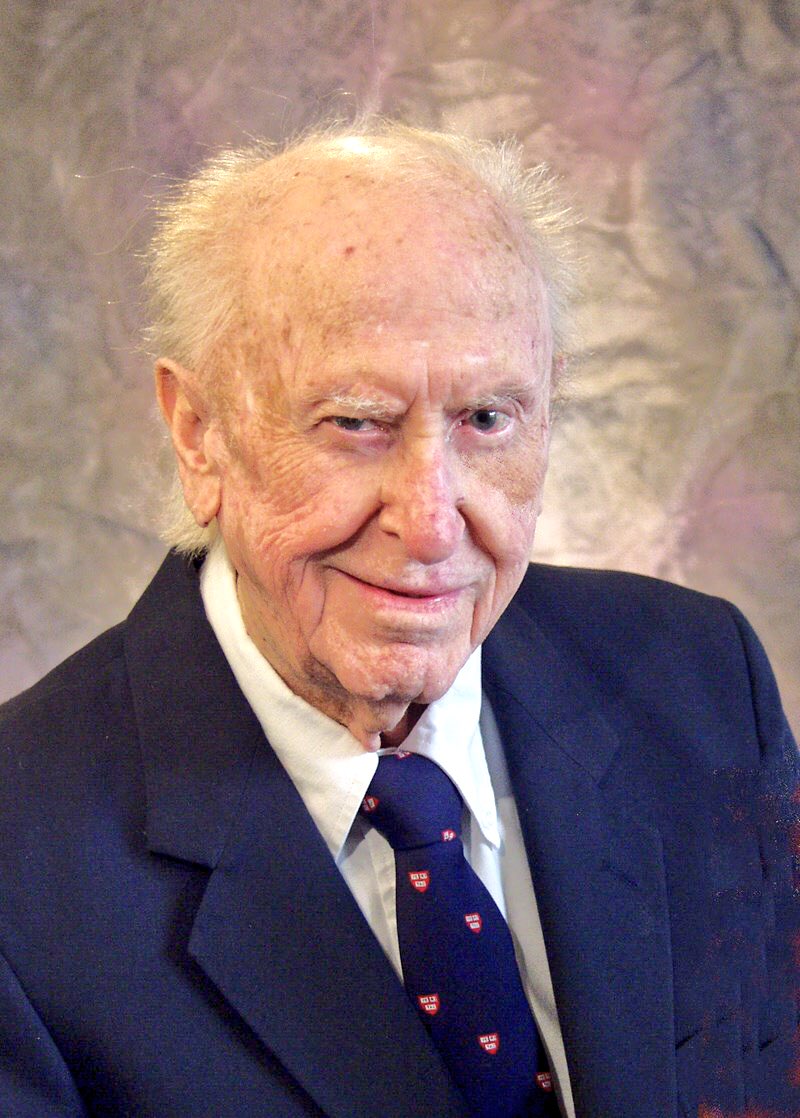

In 1965, after President Johnson’s second landmark Civil Rights Act was passed, the Southern Baptists formally abandoned the fight against segregation with a bland statement urging members to obey the law. In 1968, the Southern Baptist Convention formally endorsed desegregation.
That same year, in a remarkably passive-aggressive counter to their apparent concession on civil rights, they elected W.A. Criswell to lead the denomination. 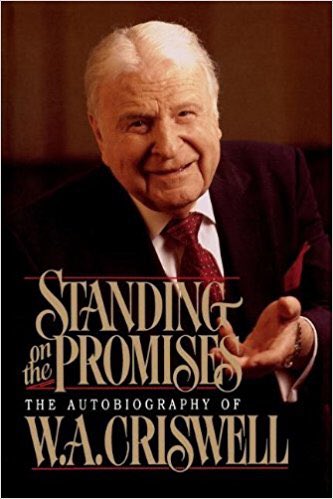
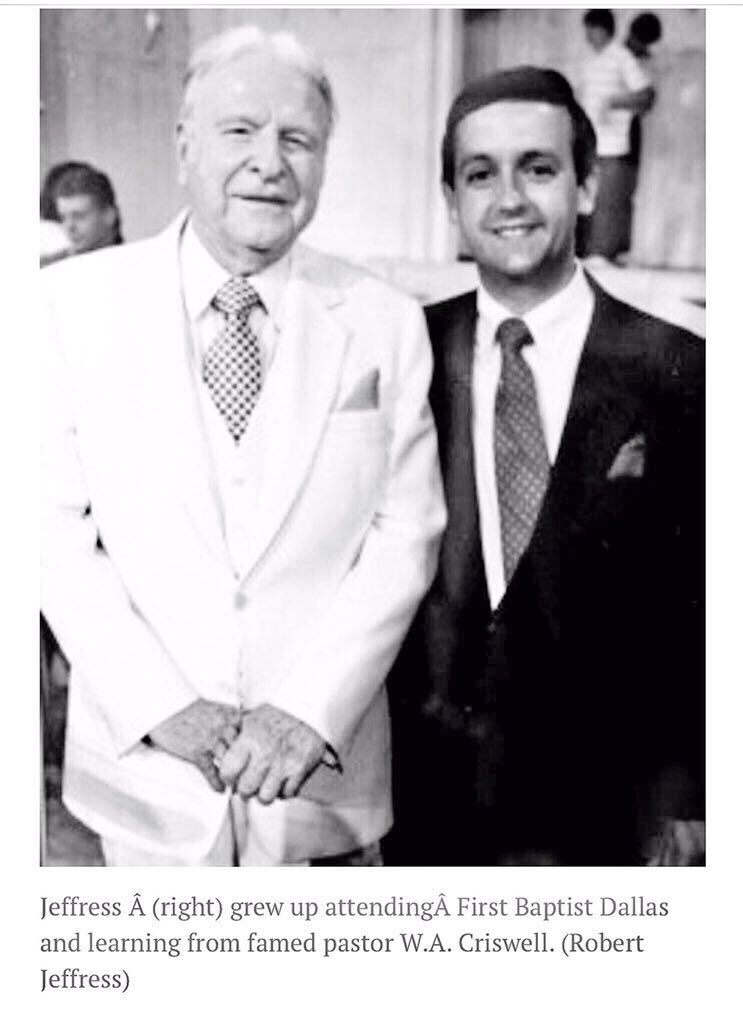
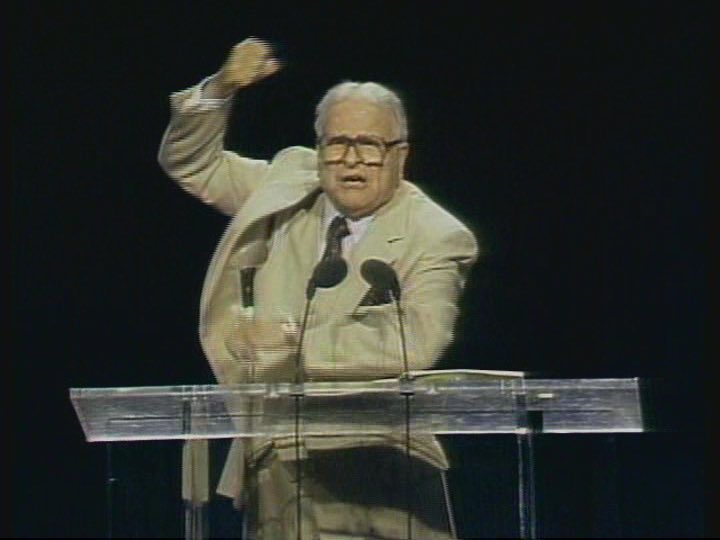
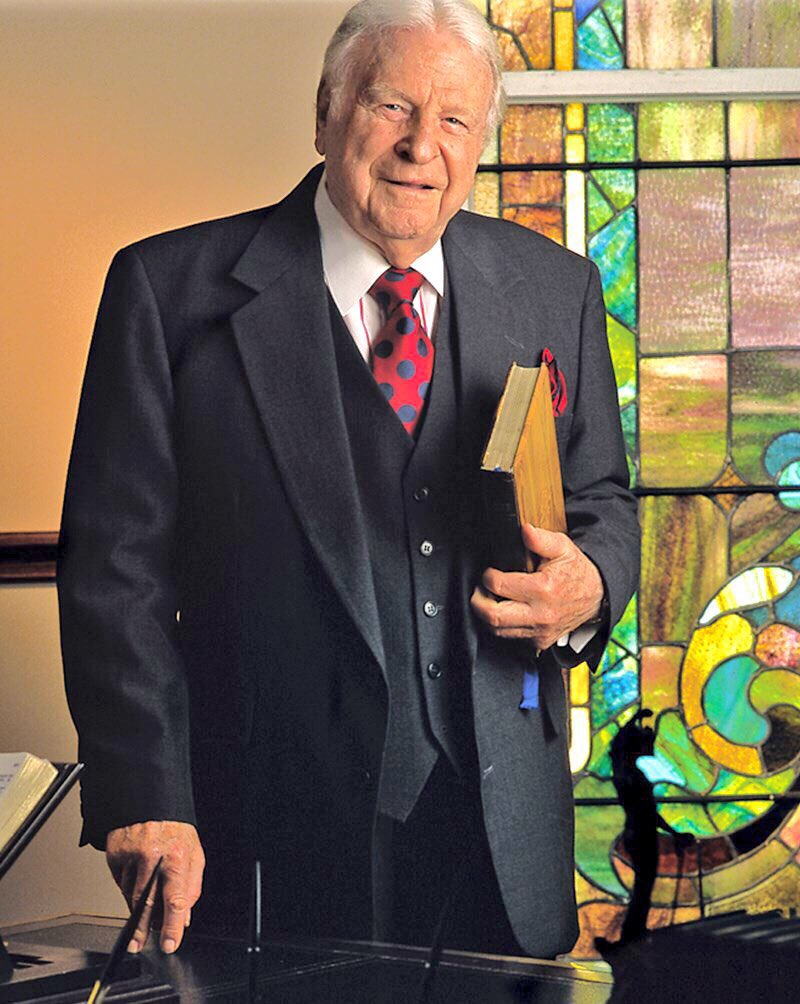




Onward, Christian Soldiers
Defeated and demoralized, segregationists in the 1970’s faced a frustrating problem – how to rebuild a white nationalist political program without using the discredited rhetoric of race. Religion would provide them their answer.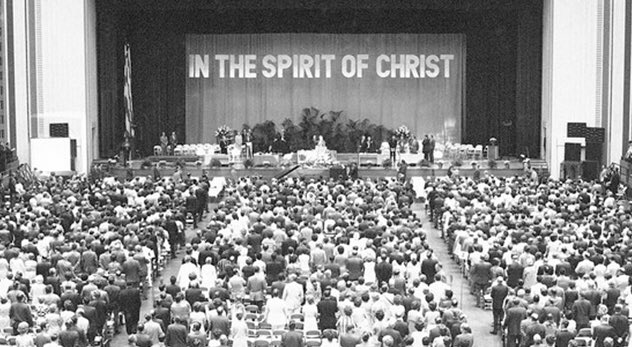
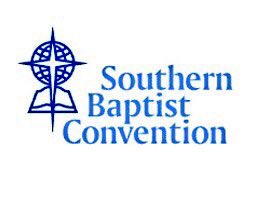
Defeated and demoralized, segregationists in the 1970’s faced a frustrating problem – how to rebuild a white nationalist political program without using the discredited rhetoric of race. Religion would provide them their answer.


Armed with the superficially race-neutral rhetorical formula Criswell had described, prominent Southern Baptist ministers like Jerry Falwell and Pat Robertson would emerge to take up the fight. All they needed was a spark to light a new wave of political activism. 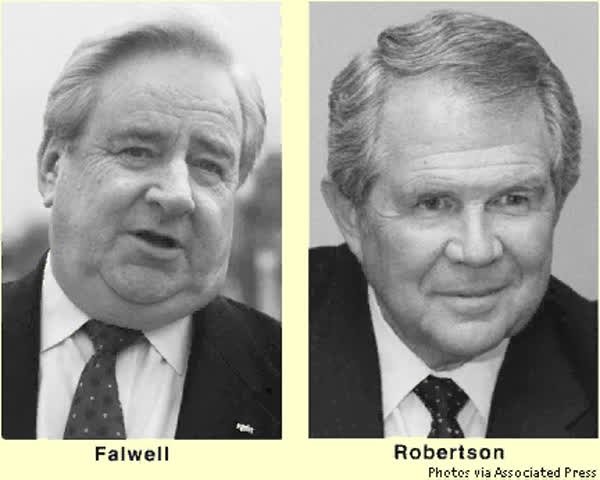
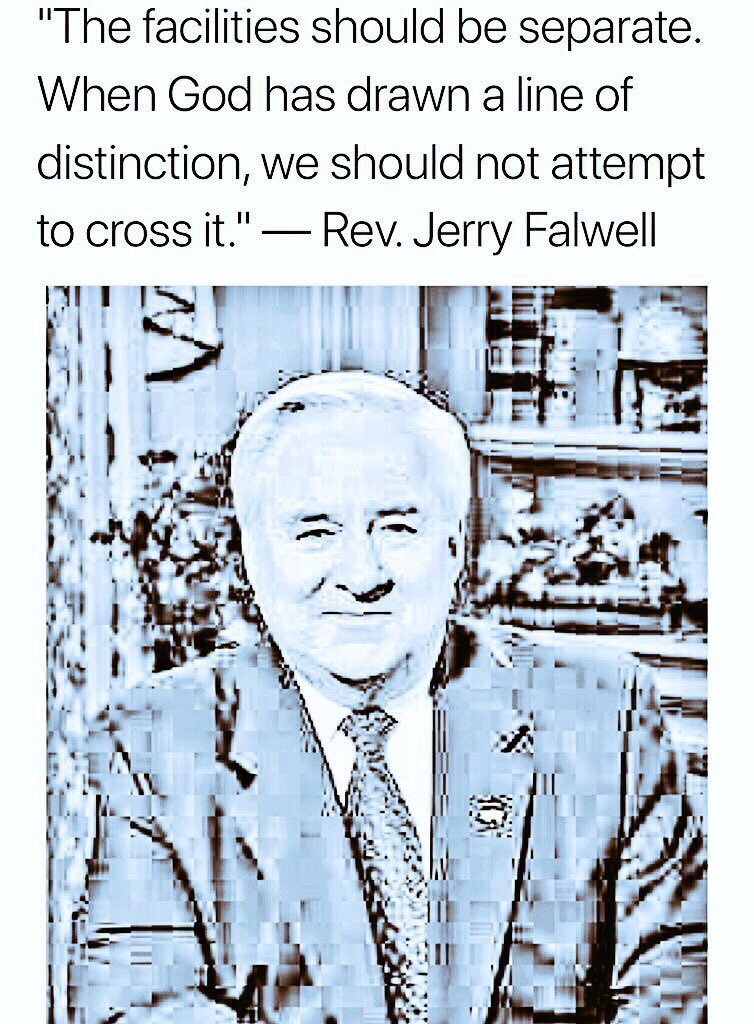
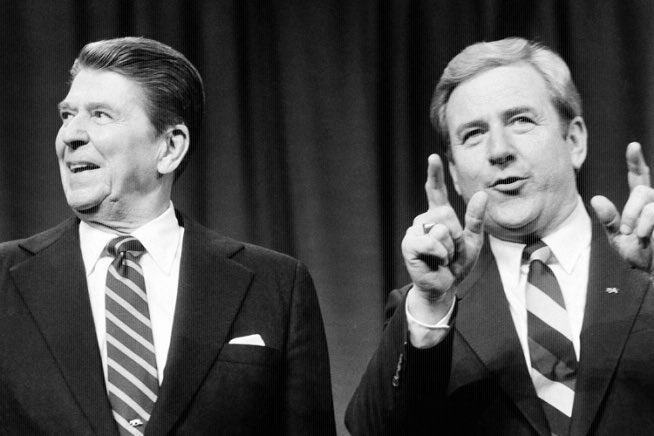



In 1967, Mississippi began offering tuition grants to white students allowing them to attend private segregated schools. A federal court struck down the move two years later, but the tax-exempt status of these private, ...
...segregated schools remained a matter of contention for many years. Under that rubric, evangelical churches across the South led an explosion of new private schools, many of them explicitly segregated.
Battles over the status of these institutions reached a climax when the Carter Administration in 1978 signaled its intention to press for their desegregation.
It was the status of these schools, a growing source of church recruitment and revenue, that finally stirred the grassroots to action. Televangelist Jerry Falwell would unite with a broader group of politically connected conservatives to form the Moral Majority in 1979. 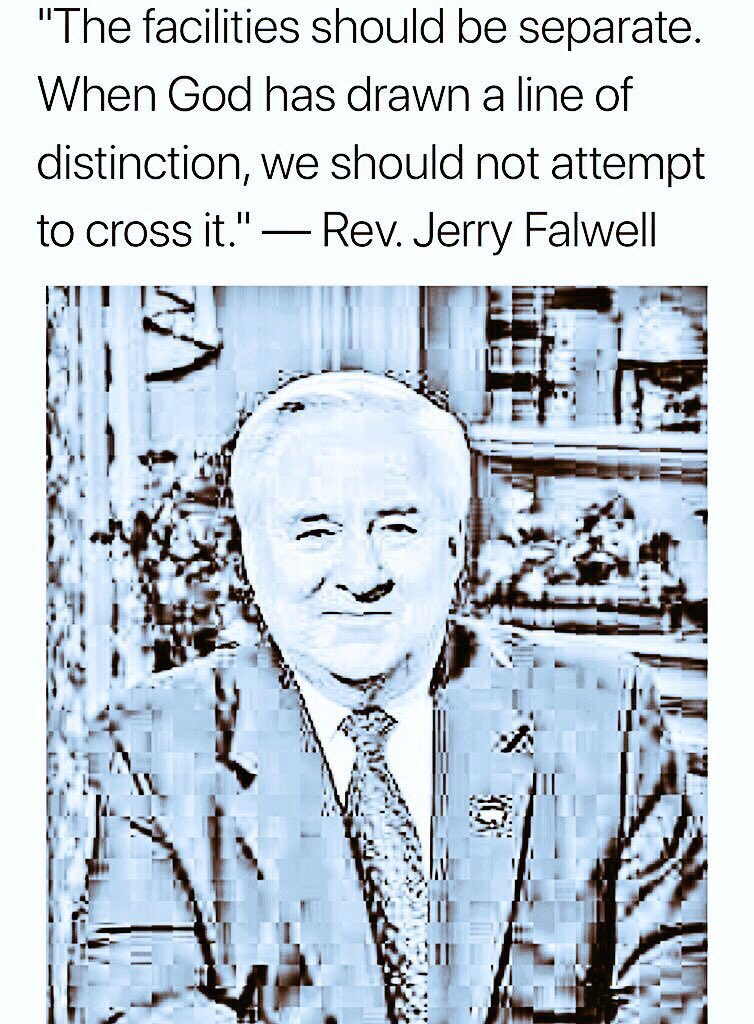

CONTINUE READING 👉🏿 forbes.com/sites/chrislad…
The above information has been made available for informational and educational purposes only.
An excellent resource: Carpenter raises some good points about the origins and early history of the #SBC related to the issues of #slavery and #racism.
Southern Baptists and Southern Slavery: The Forgotten Crime Against Humanity
by Alvin L. Carpenter
amazon.com/Southern-Bapti…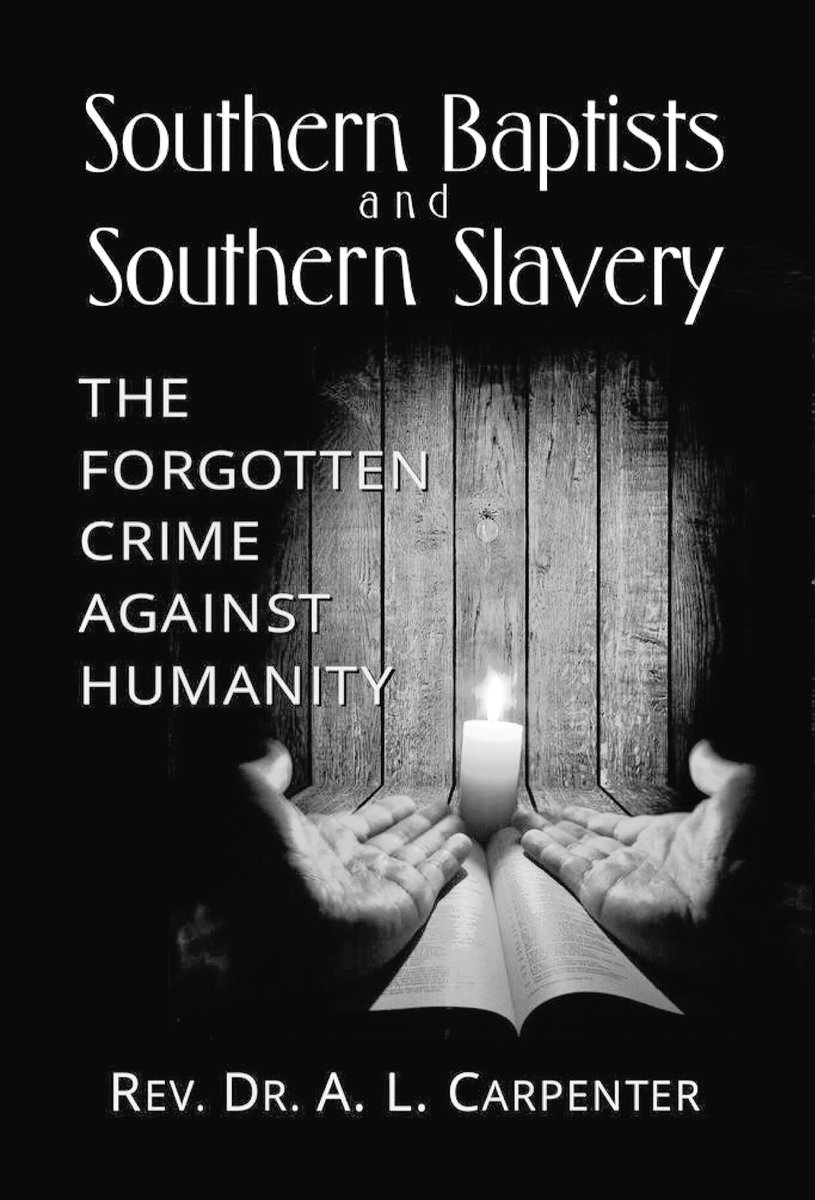
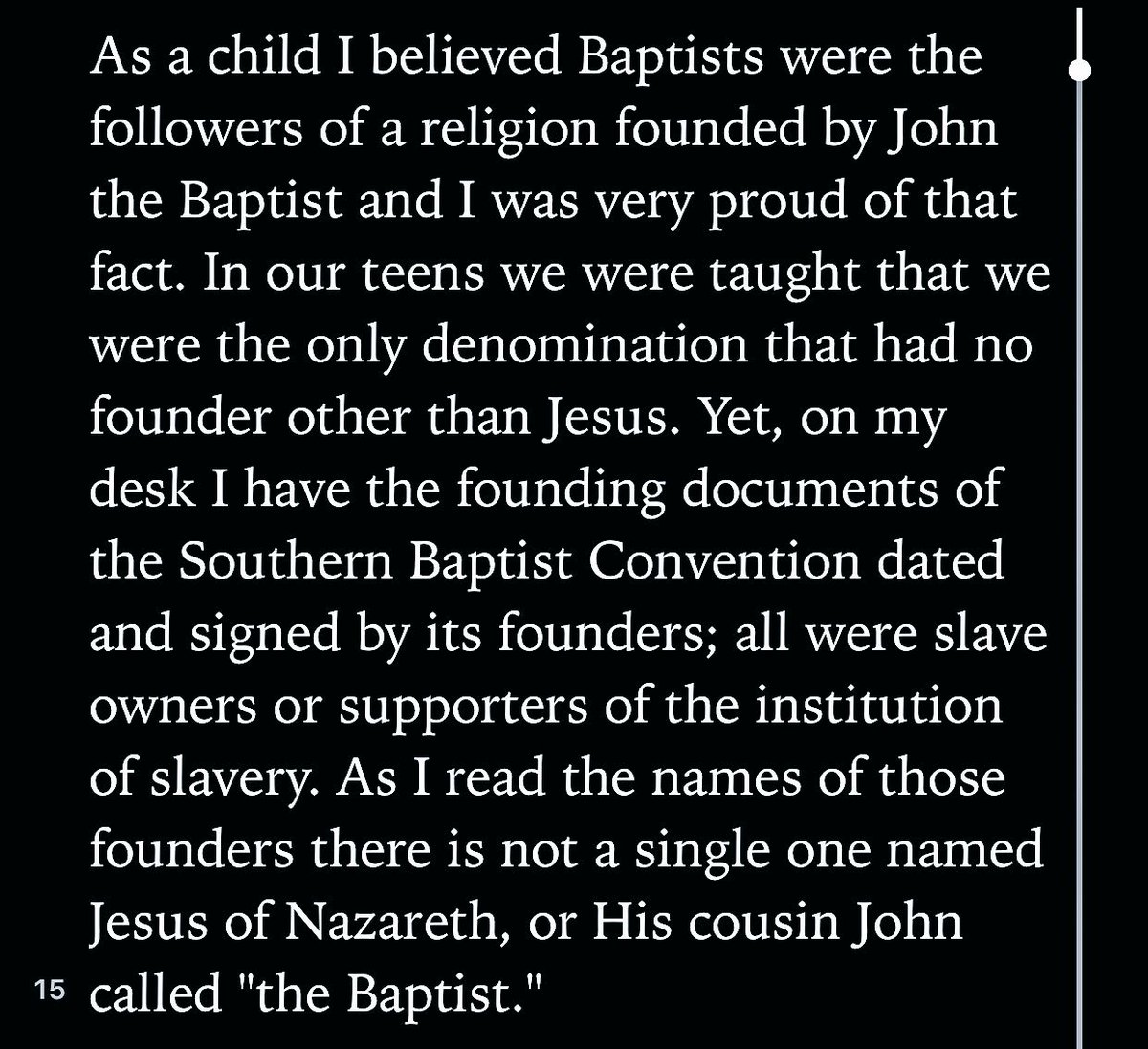
Southern Baptists and Southern Slavery: The Forgotten Crime Against Humanity
by Alvin L. Carpenter
amazon.com/Southern-Bapti…


• • •
Missing some Tweet in this thread? You can try to
force a refresh



